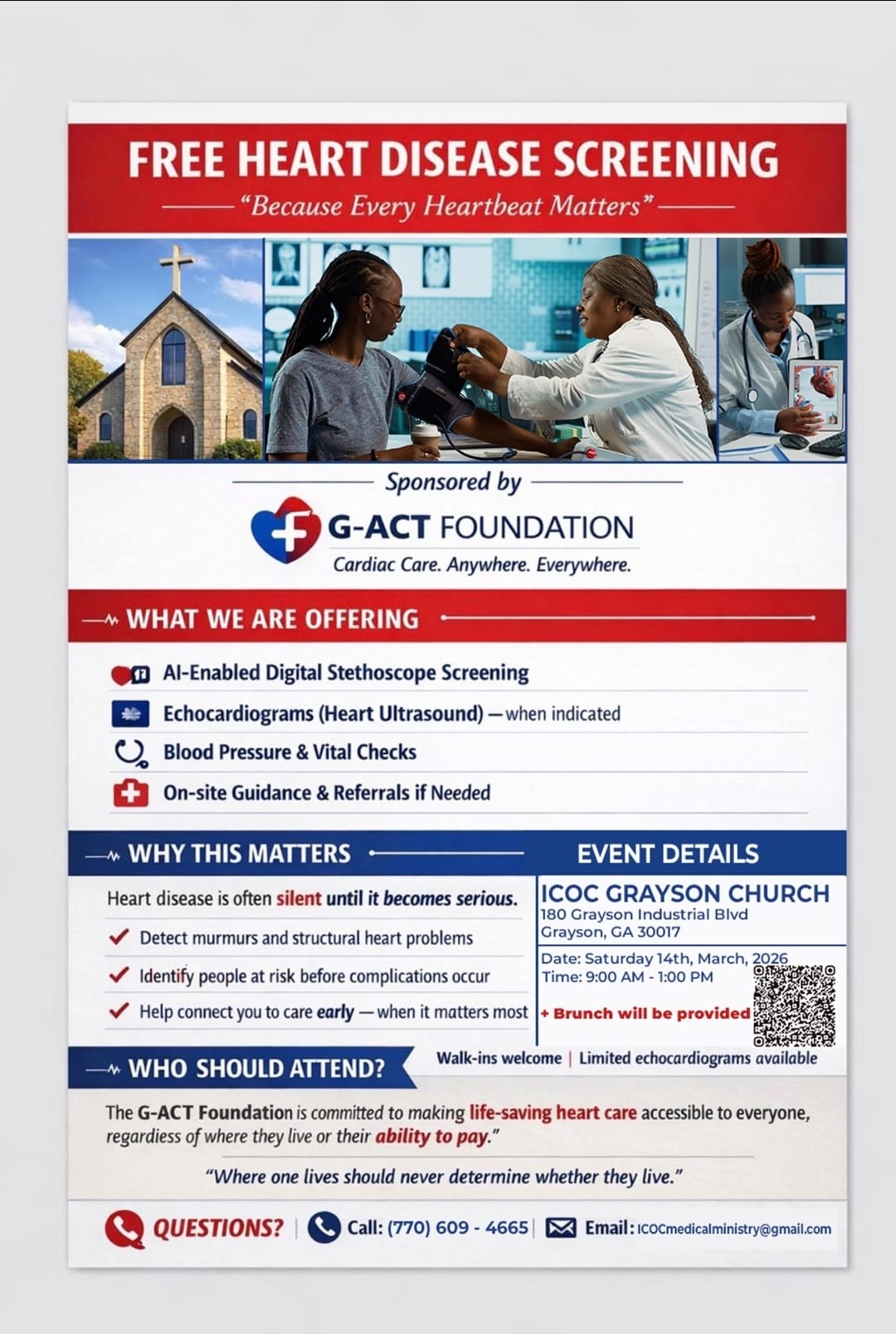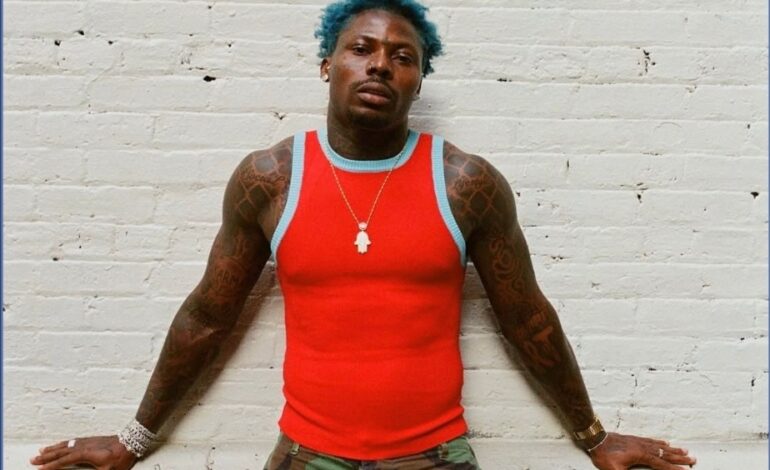Maina wa Njuguna
The World Health Organization (WHO) reports that 1.4 billion people around the globe ail from high blood pressure (HBP), also referred to as the ‘silent killer’.
The ‘silent killer’ is called so for being stealth as it ravages the body without symptoms. HBP is also called hypertension which is leading cause of heart attack, stroke, chronic kidney disease, and dementia. Many people may have HBP and not know that they do. By the time someone notices something is a miss, the damage could already been done in some worst case scenarios.
The majority of the affected people live in low- and middle-income countries, where health systems face resource constraints.
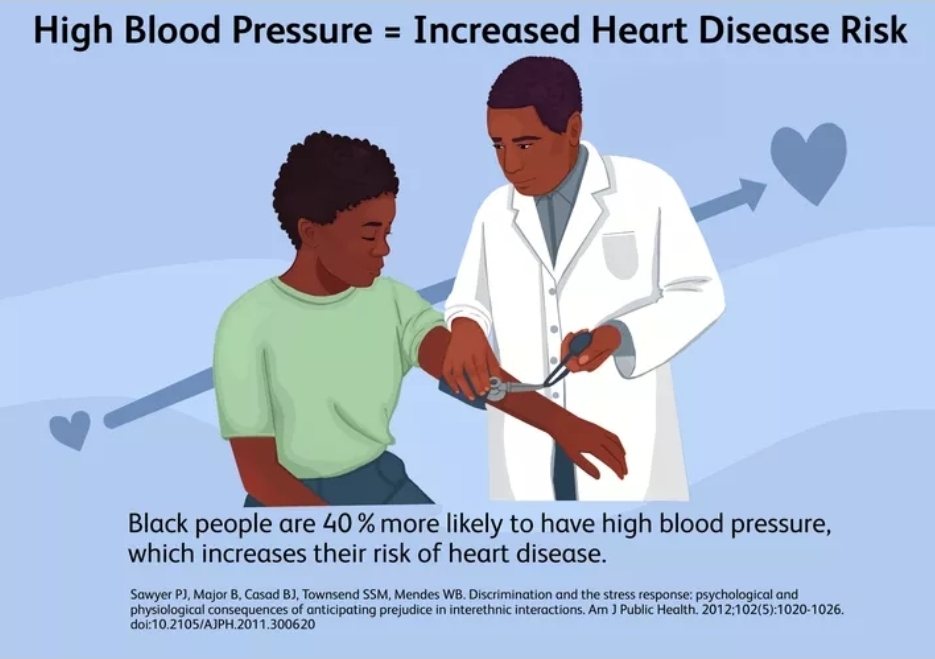
THE DAMAGES
Severe, life-threatening conditions noted above such as heart attack, stroke, kidney failure, and blindness result from uncontrolled HBP. These stem from damaged arteries and organs as a result of uncontrolled HBP which damage the linings of the blood vessels, and associated organs. Unfortunately, many people discover when they experience a serious health event, such as a heart attack or stroke.
DON’T BE A VICTIM
The good news is that there are ways to avoid HBP before succumbing to its evil deeds. WHO defines clinical hypertension in adults as systolic blood pressure ≥140 mmHg and/or diastolic blood pressure ≥90 mmHg on two different days.
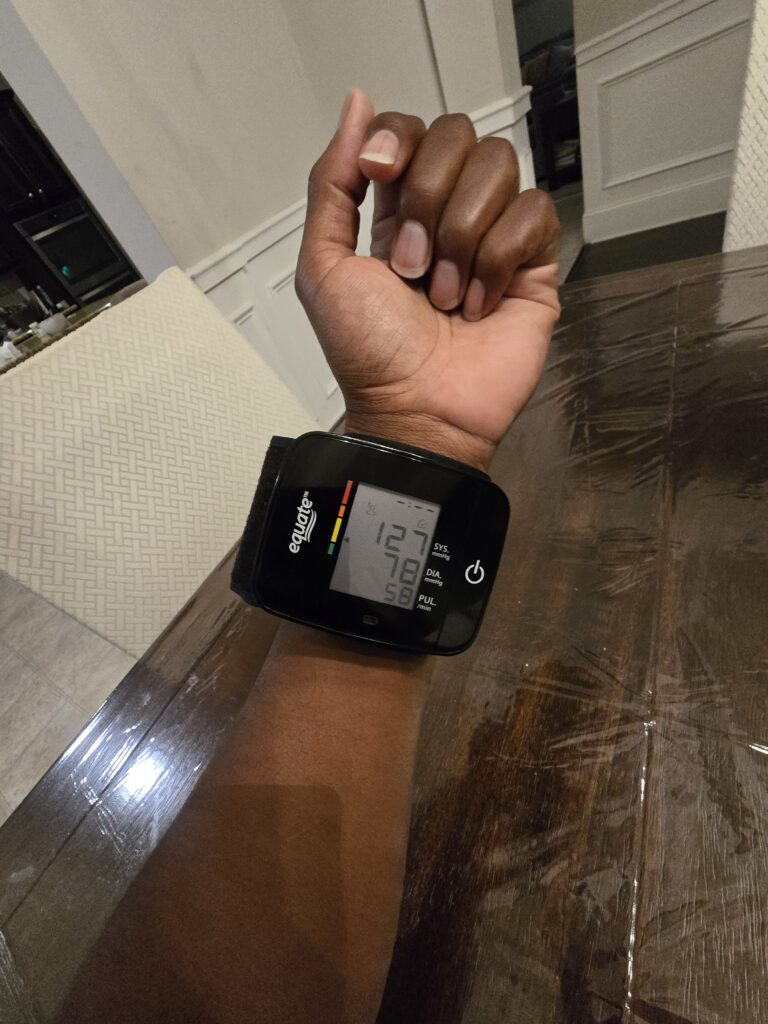
- Know your numbers: Because symptoms are rare, monitoring one’s own blood pressure or a visit to a healthcare provider such as a nurse, or doctor may discover high blood pressure during a routine physical exam.
- Consistent monitoring: Regular blood pressure checks, including home monitoring, are crucial for detecting the condition early and taking steps to manage it. HBP monitors are widely available and affordable.
- Lifestyle changes: Lifestyle changes such as a healthier diet, exercises, medication compliance when prescribed can significantly reduce one’s risk of developing these serious health problems.
THE ECONOMY OF HYPERTENSION (HBP)
Premature death, and countries will face mounting economic losses.
According to Dr. Tedros Adhanom Ghebreyesus, WHO Director-General, “Every hour, over 1000 lives are lost to strokes and heart attacks from high blood pressure, and most of these deaths are preventable,”.
“Uncontrolled high blood pressure claims more than 10 million lives every year, despite being both preventable and treatable” said Dr. Kelly Henning of Bloomberg Philanthropies Public Health Program.
Analysis of data from 195 countries revealed that 99 of them had national hypertension control rates below 20%. The majority of the affected people live in low- and middle-income countries, where health systems face resource constraints.
Key barriers to prevent or keep hypertension in check included –
- Weak health promotion policies (on risk factors such as
- Frequent alcohol, and tobacco use
- Lack of Excerises or physical inactivity
- Unhealthy diets – salt, and trans fats
- Limited access to calibrated blood pressure devices
- Weak heath care infrastructure & lack of standardized treatment protocols
- Untrained or inexperienced primary care teams
- Unreliable supply chains
- Costly medicines, or health care services, expensive or inaccessible health insurance programs or a lack thereof
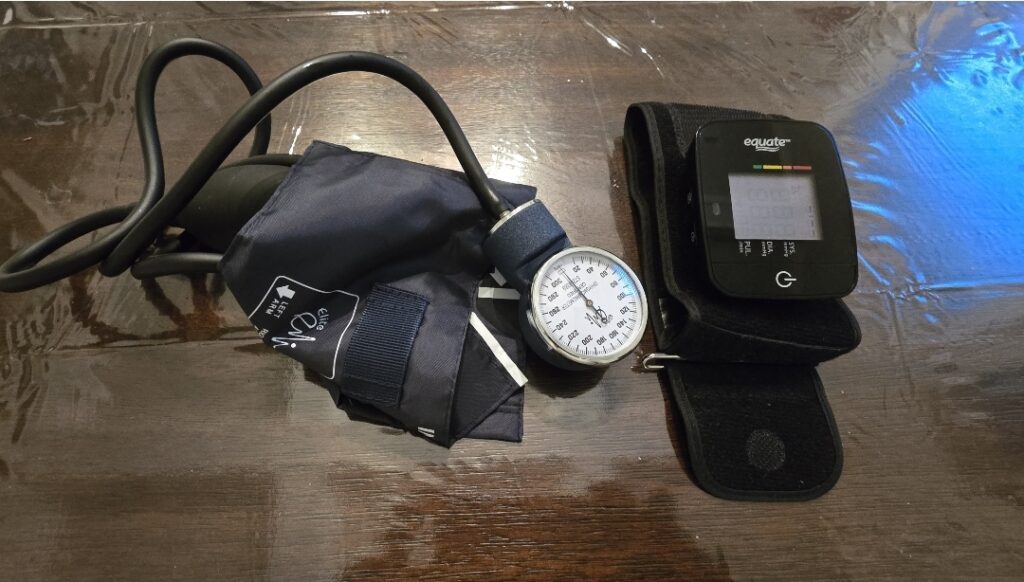
According to Dr. Tedros Adhanom Ghebreyesus, WHO Director-General, “Every hour, over 1000 lives are lost to strokes and heart attacks from high blood pressure, and most of these deaths are preventable,”.
Analysis of data from 195 countries revealed that 99 of them had national hypertension control rates below 20%.
The majority of the affected people live in low- and middle-income countries, where health systems face resource constraints.
“Uncontrolled high blood pressure claims more than 10 million lives every year, despite being both preventable and treatable” said Dr. Kelly Henning of Bloomberg Philanthropies Public Health Program.
RELATED
AFRICA’S MEDICAL SYSTEM FACES COLLAPSE IN COMING YEARS, WARNS HEALTH LEADER


